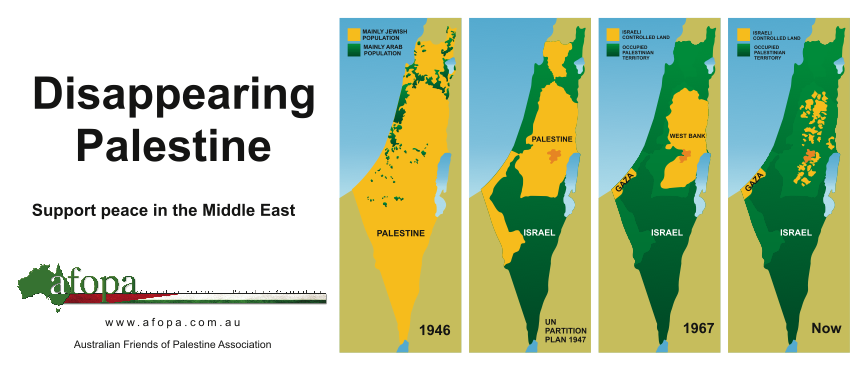PCRF, the Palestine Childrens’ Fund, has been in the forefront of looking after children in Palestine and the refugeee camps of Lebanon, Syria and Jordan since its inception in 1993 (see www.pcrf.net). It began supporting eye surgery missions to Lebanon in 1998. The missions to Palestine started in 2000 and since then more than 2500 patients have benefitted from 38 surgical missions.
Most of the work involved cataract surgery which requires the removal of a cataract (the clouding of the natural lens in the eye, usually occurring with age) and inserting of an artificial lens into the eye. The cataract is removed either through a large wound, (8-10 mm) extracting the lens as one piece…or broken up into small pieces and softened (emulsified) and removed through a small wound (2 -3 mm) with suction. The smaller wound assists in quicker healing and visual rehabilitation and also reduces the chances of infection.
Phaco-emulsification is the currently favored method of surgery to remove cataracts around the world. However it requires an expensive piece of equipment – a “phaco” machine plus other accessories and a different set of
instruments. It also requires the surgeons to be trained with special skills to use the machine. It has been the standard procedure in Australia and the western world since the 90s. It has also been available in Palestine in the private sector.
This year a phaco machine was donated by PCRF to Rafidia Hospital, the only government-run hospital offering modern cataract surgery to the general public. However the number of patients to benefit from phaco surgery during the last mission in March 2018 was limited to 7 out of a total of 48 patients with cataracts. This was mainly due to only one phaco probe (which is used inside the eye to remove the cataract) being available and this had to be specially sterilized, with the process taking two hours each time. It is clear we need to purchase at least 2 more phaco probes.
AFOPA (Australian Friends of Palestine Association) have been supporting medical and surgical missions since 2004. APPEH have been involved with numerous educational projects in Palestine.
APPEH will help with raising funds to help purchase 2 more phaco probes and will facilitate receipt of donations with its tax deductibility status. If you have had cataract surgery or know someone who has had their sight restored, then let us share that unique joy and experience with the disadvantaged in Palestine. Please donate through APPEH.

 Olayinka Omigbodun, a Nigerian psychiatrist and president of the International Association for Child and Adolescent Psychiatry and Allied Professions (IACAPAP) speak at a child psychiatry conference in Melbourne. She discussed the idea of child and adolescent mental health clinics or departments in privileged countries partnering with departments or services in the developing world, and it started Jon thinking. In his keynote address he reiterated Professor Omigbodun’s idea and expanded upon it. What if psychiatrists and other professionals in wealthy countries such as Australia paired with under employed professionals in a developing country? By contributing 5 to 20 per cent of their own salary the well-off professional would provide the full salary for a therapist, for example, in a country where the salary would be a fraction of the cost it would be in Australia. This would mean that for an affordable fraction of the salary for a senior professional in a rich country, a professional can be employed and supported in a poorer country, potentially doubling the productivity from their salary/income.
Olayinka Omigbodun, a Nigerian psychiatrist and president of the International Association for Child and Adolescent Psychiatry and Allied Professions (IACAPAP) speak at a child psychiatry conference in Melbourne. She discussed the idea of child and adolescent mental health clinics or departments in privileged countries partnering with departments or services in the developing world, and it started Jon thinking. In his keynote address he reiterated Professor Omigbodun’s idea and expanded upon it. What if psychiatrists and other professionals in wealthy countries such as Australia paired with under employed professionals in a developing country? By contributing 5 to 20 per cent of their own salary the well-off professional would provide the full salary for a therapist, for example, in a country where the salary would be a fraction of the cost it would be in Australia. This would mean that for an affordable fraction of the salary for a senior professional in a rich country, a professional can be employed and supported in a poorer country, potentially doubling the productivity from their salary/income.